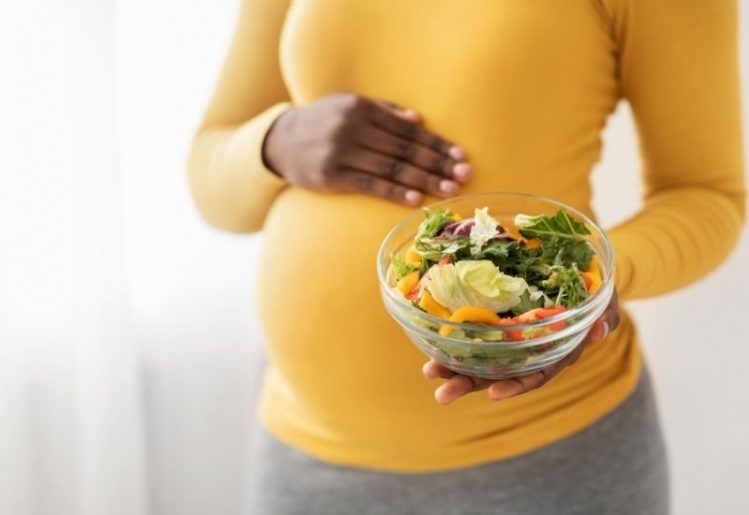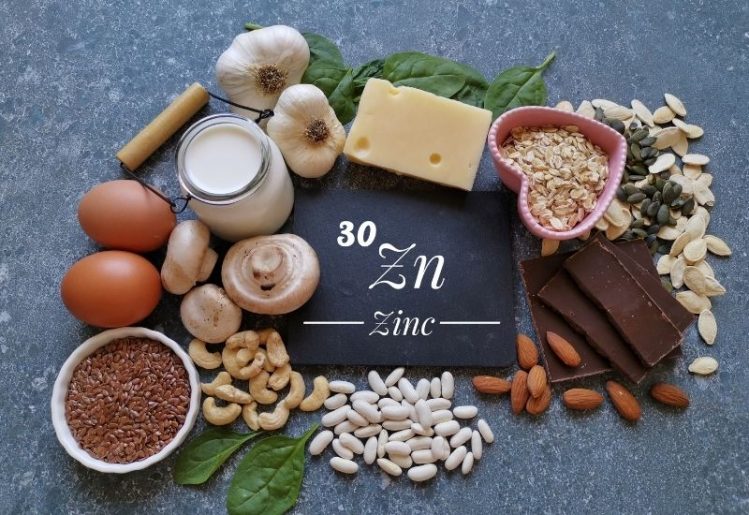One of the most meaningful seasons of life for mothers is when they are pregnant. While this period of time can take a physical toll on the body, you can help to support the prenatal period by putting a focus on proper nutrition. In addition to taking in the right vitamins for optimal nourishment, you also need to be intentional about getting the best minerals that your body can use for fetal development.
Getting the right minerals during pregnancy will help to ensure that you are nourishing both yourself and your growing baby. Here is what you need to know about the importance of good nutrition during pregnancy and what minerals are essential for this nourishment.
The Importance of Proper Nutrition During Pregnancy
 During pregnancy, you cannot expect to nurture a growing life without consuming the recommended balance of vitamins and minerals. Although most moms-to-be understand the importance of getting in crucial vitamins, the importance of minerals can sometimes be neglected.
During pregnancy, you cannot expect to nurture a growing life without consuming the recommended balance of vitamins and minerals. Although most moms-to-be understand the importance of getting in crucial vitamins, the importance of minerals can sometimes be neglected.
A pregnant woman requires a higher amount of minerals because of the increased physiological changes that occur during this time. The strain put on the mother’s body during this special season in life necessitates that she is getting the correct minerals for fetal development. Without the right amount of micronutrients in the form of minerals, the woman puts herself at risk of developing issues such as pregnancy-induced hypertension, preeclampsia, anemia and a higher risk of problems during labor.
Minerals During Pregnancy
Once you understand the importance of consuming the proper balance of minerals during pregnancy, you will want to know which of these micronutrients are most important for fetal development. Here are 10 of the best minerals to focus on in an effort to make sure that you are getting enough of what you need as you grow your baby.
Calcium
One of the most important minerals at any time of life, calcium is exceedingly vital during pregnancy. This mineral supports the baby’s skeletal development along with the mother’s bone strength.
Iodine
Iodine is distinguished for its role in cognitive development in a growing baby. In fact, iodine deficiency is considered to be the most common cause of preventable brain damage, speaking to its importance during pregnancy. Sufficient iodine intake is also necessary in lactating women.
Selenium
A deficiency in selenium deficiency has been linked to pre-eclampsia, intrauterine growth restriction and pregnancy loss. The amount of selenium concentration has been shown to be lower in umbilical crowd serum in newborns that are considered to be a low birth rate.
Manganese
Like selenium, lower concentrations of manganese concentration in pregnant women have been correlated with a higher incidence of intrauterine growth restriction when compared to mothers who have sufficient levels of this mineral, demonstrating its importance in fetal growth and healthy development.
Chromium
Chromium has been shown to potentially treat gestational diabetes as it may reduce both fasting blood glucose levels as well as insulin. While the research on this is still relatively new, it shows promise in being an effective way to reduce the risk of gestational diabetes, one of the most common pregnancy complications.
Molybdenum
Molybdenum is best known for its role in the synthesis of red blood cells, making it a crucial mineral to consume in adequate amounts during pregnancy.
Iron
Iron is crucial in protecting the mother against pregnancy-induced anemia while also helping to encourage enough oxygen supply to the baby. The proper intake of iron also is important in the formation of blood.
Magnesium
Without the proper intake of magnesium, you will put yourself at risk of developing complications throughout the pregnancy as well as putting the body at a higher risk of miscarriage.
Zinc
 It is estimated that pregnant women need twice the amount of zinc during the third trimester when compared to women who are not pregnant. You will maintain solid cell growth throughout the course of the pregnancy if you are diligent about getting in enough zinc.
It is estimated that pregnant women need twice the amount of zinc during the third trimester when compared to women who are not pregnant. You will maintain solid cell growth throughout the course of the pregnancy if you are diligent about getting in enough zinc.
Copper
Copper is useful in the growth and development of connective tissues. This mineral also is known for its support of the heart, the immune system and the central nervous system function. In addition, copper plays a role in reducing oxidative stress over the course of the pregnancy.


